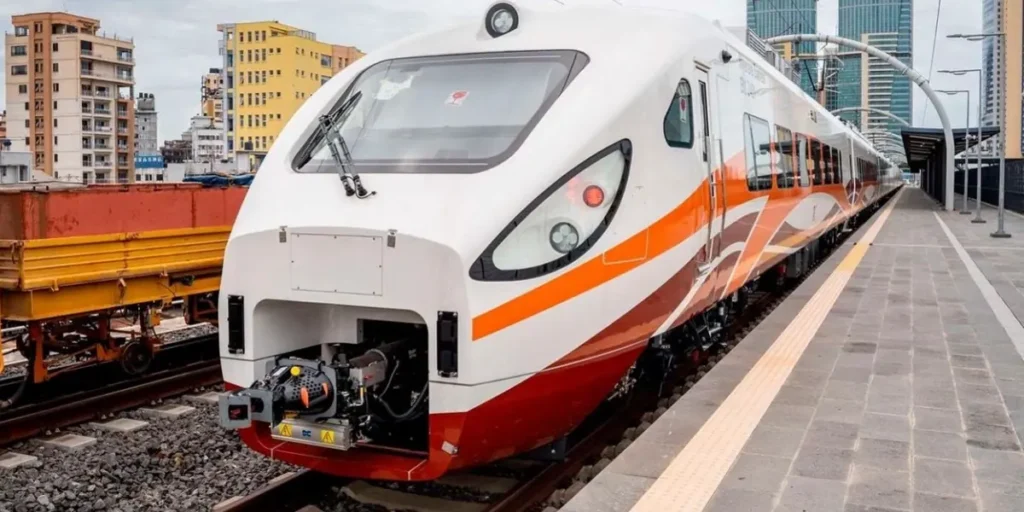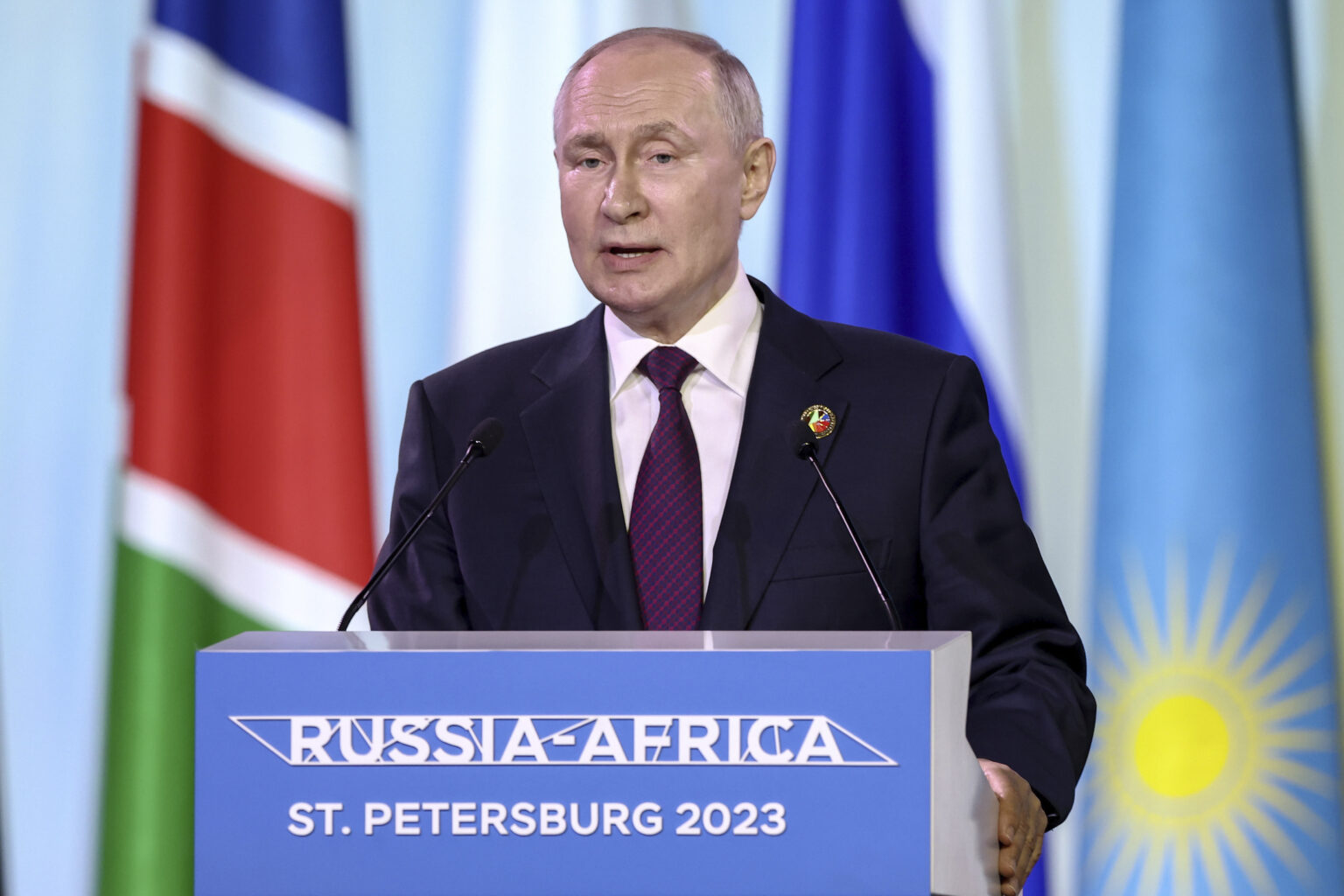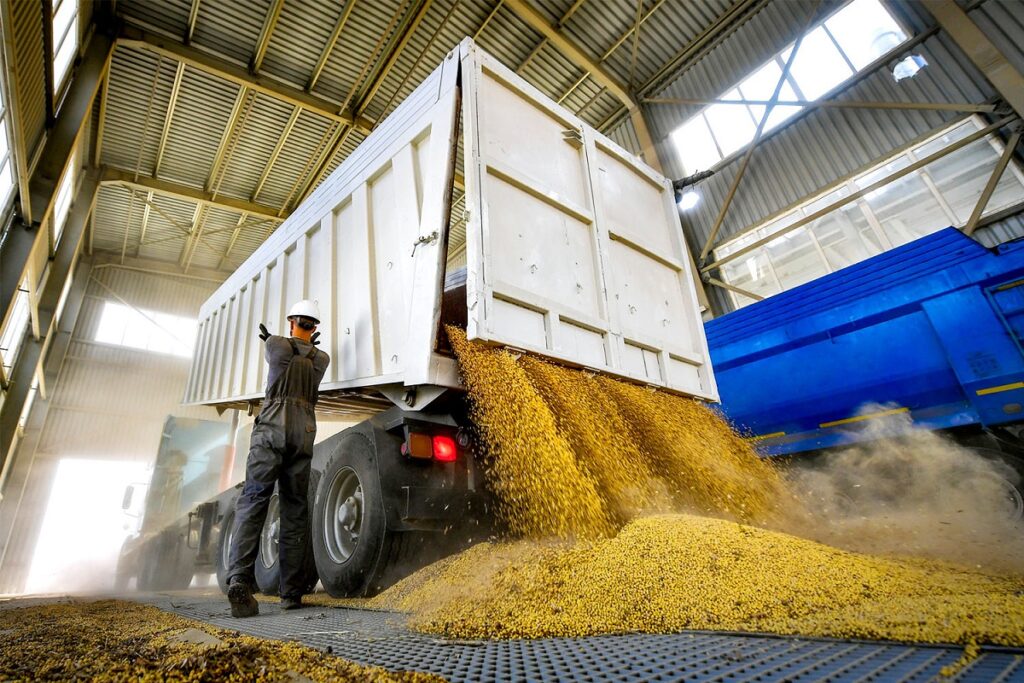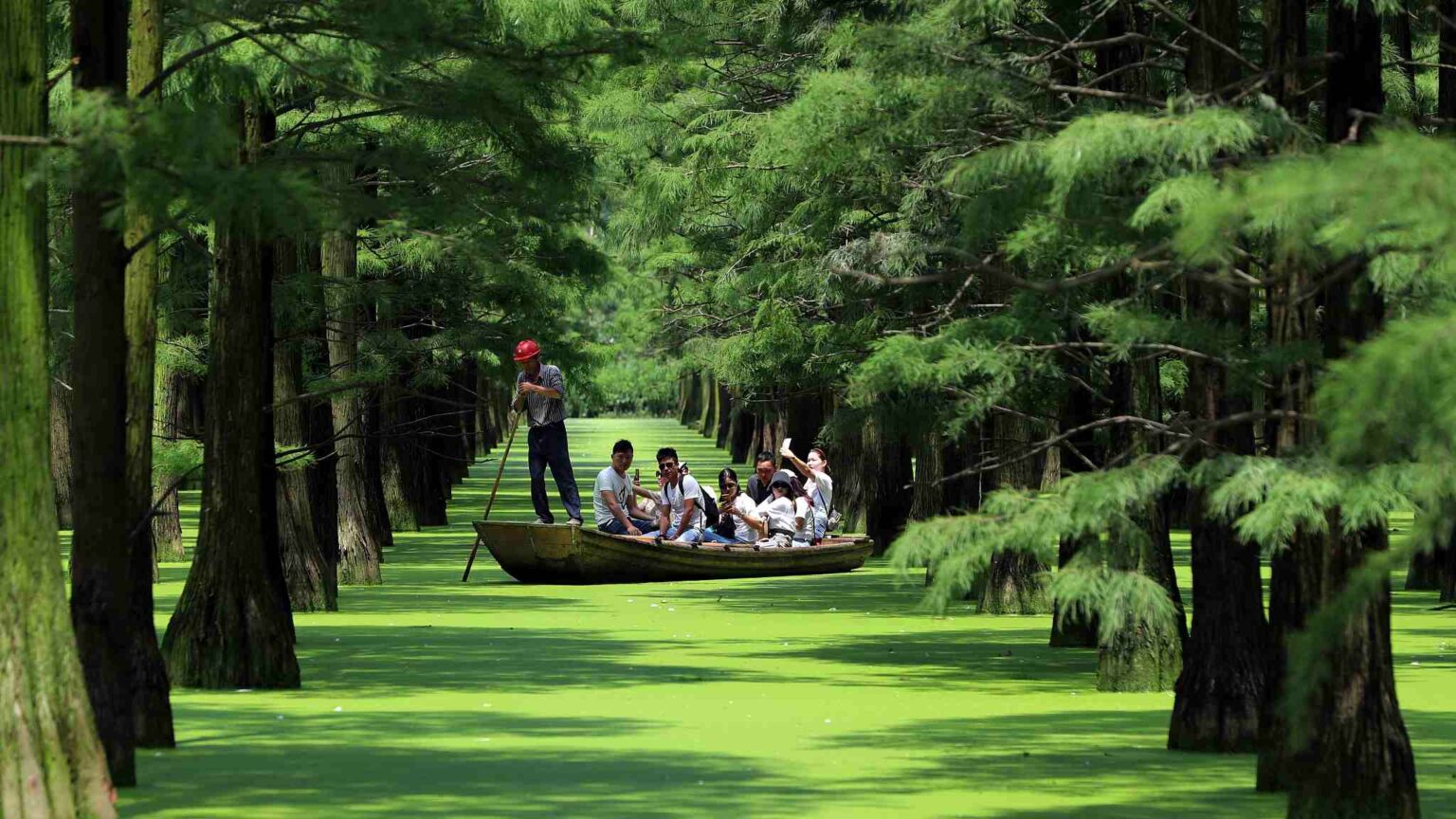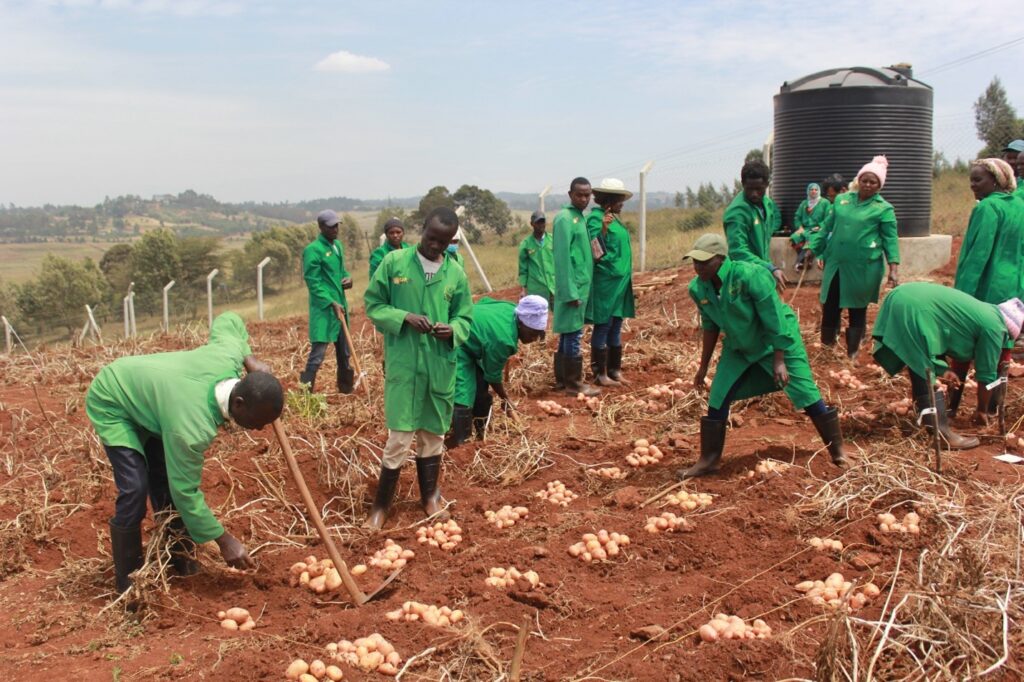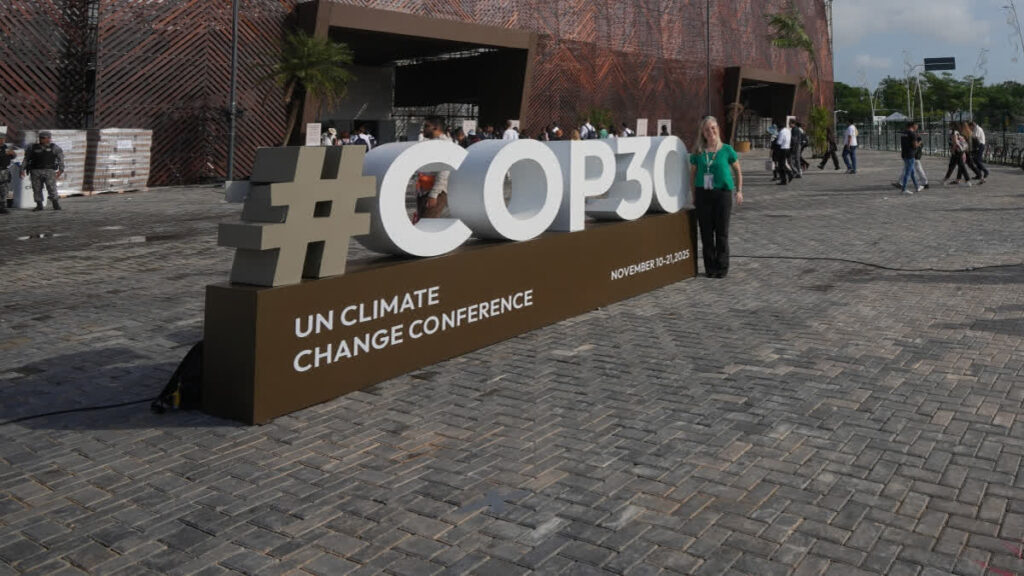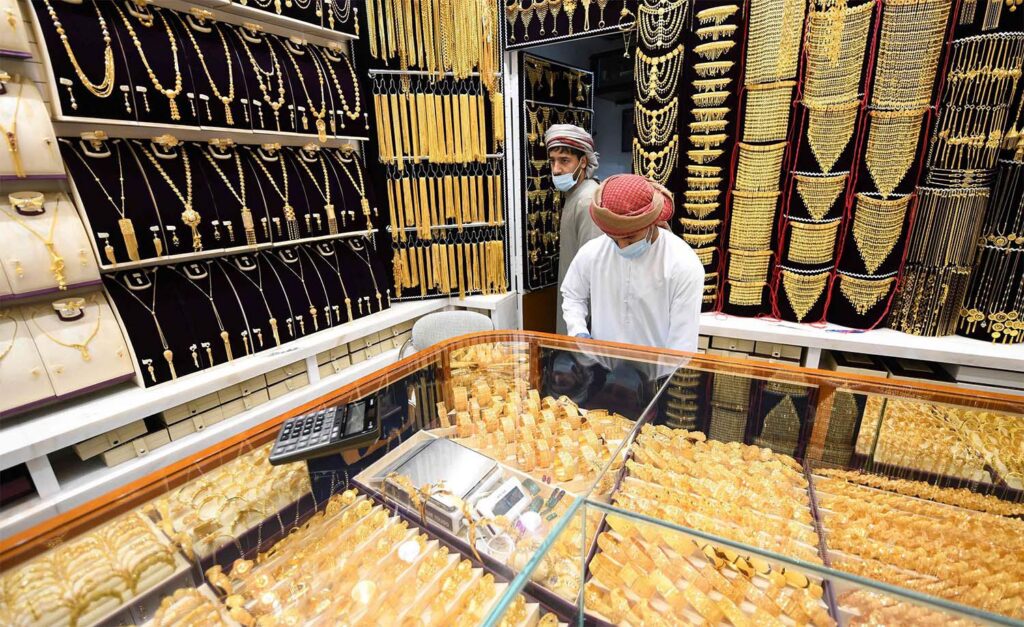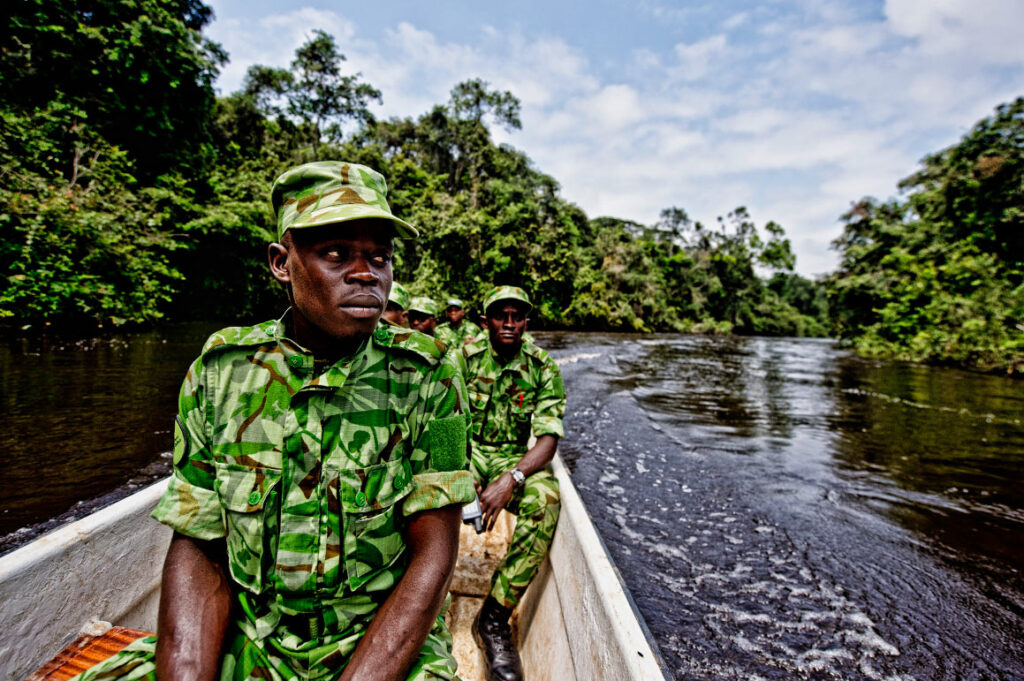- Africa’s Green Economy Summit 2026 readies pipeline of investment-ready green ventures
- East Africa banks on youth-led innovation to transform food systems sector
- The Washington Accords and Rwanda DRC Peace Deal
- Binance Junior, a crypto savings account targeting children and teens debuts in Africa
- African Union Agenda 2063 and the Conflicts Threatening “The Africa We Want”
- New HIV prevention drug is out — can ravaged African nations afford to miss it?
- From banking to supply chains, here’s how blockchain is powering lives across Africa
- Modern railways system sparks fresh drive in Tanzania’s economic ambitions
Author: Giza Mdoe
Giza Mdoe is an experienced journalist with 10 plus years. He's been a Creative Director on various brand awareness campaigns and a former Copy Editor for some of Tanzania's leading newspapers. He's a graduate with a BA in Journalism from the University of San Jose. Contact me at [email protected]
A new HIV prevention drug, lenacapavir, could soon be available for use in Africa. Early reports show that the first 500 doses will go to HIV ravaged Eswatini and Zambia. Just two injections of lenacapavir a year provide near-complete protection against an HIV infection. Other countries across the continent have been asked to prepare regulatory frameworks. With a new HIV prevention drug receiving the necessary approval from authorities, millions of patients across Africa can get a sigh of relief, but the million dollar question remains: will it be affordable for Africa? That’s on the individual basis, the micro-economics of things,…
Tanzania President Samia commits to modern railways to revolutionize the economy. Electric trains promise fast economic change in Tanzania. New jobs created thanks to modern railways. Modern railways, in particular electric trains for passengers and other ultra fast trains for cargo are changing the landscape in East Africa’s infrastructure development. Most recently, Tanzania announced an ambitious national infrastructure agenda seeking to transform the country into a rail linked economy. Officials in the country say modern railways are the key to drive fast paced economic development. “Modern railways will speed up trade, investment and industrial growth across all regions,” said Tanzania’s President…
Moscow commits to increased trade with Africa. Russian companies looking to enter Ethiopia. Russia-Africa summit 2026, a new trade age for Moscow and Africa. Russia, despite long-running sanctions related to the conflict with Ukraine has recorded over 60 percent growth in trade in the last five years and the Eastern European country is projecting to secure in excess of $50 billion in trade with Africa by 2030. According to Russian media, Moscow plans to achieve this ambitious plan through, among other things, deepening relations with Africa. Russia is looking to and has already started investment in energy (oil, gas, and…
Grains market growing exponentially in Tanzania. Key players remain to be smallholder farmers and traders. Tanzania and Burundi ink grains market development MoU. At the moment, the grains market in Tanzania is valued at $6.7 billion, and is expected to grow tremendously over the next couple of years. According to business consultancy firm KensResearch, the trend of the grains market in Tanzania is based on a five-year historical analysis that associates the increase primarily to domestic consumption, improvements in agricultural productivity, and government initiatives aimed at enhancing food security. “The market has seen a steady rise in demand for staple…
Tanzania turns to China to learn how to harness opportunities in forest tourism Chinese forest experts’ delegation visits Tanzania. Forest tourism offers benefits but threatens biodiversity. To develop forest tourism, the Tanzania Forestry Research Institute (TAFORI), an organization which is in charge of forest development, has reached out to authorities in China to help strengthen its research, conservation, and the promotion of revenue earning opportunities within the natural ecosystem. Forest tourism may serve to expand the country key forex earner, TAFORI said in it’s appeal to China. In response, China has sent a delegation of forestry experts and the two…
In Kenya, biotech knowledge is emerging as a key focus of university programs and consortiums that are working to build local expertise in the country. Biotech companies focus mainly on agriculture development with emphasis on advancements in crops and forestry, and human health, with services like DNA identification and training. However, Kenya’s biotech sector faces challenges related to funding and inadequate infrastructure. Biotech industry in East Africa is growing and Kenya, since recently lifting it’s ban on GMO crops has renewed efforts to enhance national and regional food security. Backed by a supporting national policy that guides the national development of…
In its technical document at COP30, Africa raises the issue of forest management which have multi-functions and provide key solutions to many global challenges that are brought about by climate change, and particularly environmental degradation, biodiversity loss, food insecurity and poverty. The document emphasizes agreements made in the Paris Agreement including the need for greater efforts to ‘halt and reverse deforestation and forest degradation by 2030 and increase forest area worldwide.’ As talks at COP30 get underway in Brazil, Tanzania is placing emphasis on infrastructure development to address the effects of climate change in the country, the East African country’s…
Cyberspace has become an ingredient to Africa’s security, economy and sovereignty. Information zips around like oil in pipelines, and misinformation spreads far more quickly than a wildfire. Financial institutions are the target of ransomware from criminal groups as cybersecurity in Africa is Weak. Poor infrastructure is also an opportunity for hostile state actors to take advantage of.The Risks Are Multiplying in the New Africa As Africa embarks on dawning digital age, opportunity is weighted by dangers. Yet, a transformation is underway.Among these organizations, the Centre for Cyber Diplomacy and Leadership (CCDL) is positioned at the forefront to tackle this challenge…
For African gold-exporting countries, newly introduced Dubai gold contracts could be transformative. Nations such as Tanzania, Ghana, South Africa, Sudan, and Mali, all of which have deep trading links with Dubai, stand to benefit from a more transparent and regionally aligned pricing mechanism that reflects actual market realities rather than Western benchmarks. By settling payments in UAE dirhams instead of U.S. dollars, African exporters could receive funds faster, reduce conversion costs, and avoid exposure to dollar volatility. Dubai has made another bold move to revolutionize the world’s gold market. The Dubai Gold and Commodities Exchange (DGCX) has listed the world’s…
DR Congo’s mineral and forest resources together represent a twin pillar of green wealth, underground metals to fuel the energy transition and rainforests that consume billions of tons of carbon. Managing both at once could make the DRC a climate linchpin or a cautionary tale. The scale of Congo’s mineral discovery, estimated at $23 trillion, is too large to ignore. If well managed, the DRC’s minerals could provide a sustainable source of income that would expand its economy and power the continent. It may be that the world’s green revolution will go through the red earth of Central Africa. Both…






